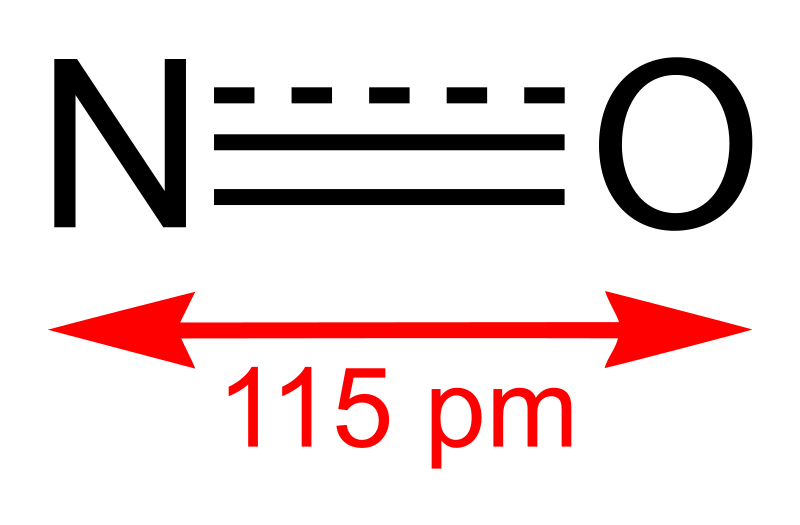
There’s a 95% chance you have at least one risk factor for heart disease.1
But your body has a built-in defense system that can protect you…
I’m talking about nitric oxide.
This essential signaling molecule is produced naturally by cells in your blood vessels. Nitric oxide (NO) is the miracle compound that allows your cardiovascular system to “breathe easy.” It lets your blood flow freely by sending more fresh oxygen where it’s needed.
It’s also your body’s natural defense against the risk factors for heart disease.
You see, your blood vessels are made up of several layers that together have to stay strong and flexible to handle proper blood flow.
The inside layer is called the endothelium, and it’s these cells that make nitric oxide.
They used to do the job just fine…
But for more than 60 years we’ve been eating hydrogenated, man-made fats from processed foods. A study in the journal Lancet analyzed fat found in clogged arteries in people. Almost 75% of the fat turned out to be these so-called “heart-healthy” fats found in margarine and canola oil.2
Add in the fact that most people don’t do as much physical activity as they would like, and you have a recipe for some unwanted metabolic changes in your body.
Those changes can cause your vascular network to lose flexibility, and nitric oxide production to plummet.
Which means your blood doesn’t flow as freely and powerfully as it used to.
This can severely affect your heart and start the deadly process of atherosclerosis.
NO function is critical because it inhibits the smooth muscles of your arteries from squeezing shut. It also stops blood clotting, which can cause sudden strokes and heart attacks.
NO also contributes to growing new blood vessels, and is the most powerful compound in your body for protecting your heart cells.
In hundreds of clinical trials, researchers found that people with heart disease had too little nitric oxide production. In fact, one study found that for those with heart disease, the risk of death skyrockets as your production of nitric oxide decreases.3
But there is good news. You can safely and naturally make more NO. It will benefit your heart – and so much more. In fact, nitric oxide helps to:
- Aid memory and brain function
- Play a key role in physical endurance
- Support healthy insulin levels
- Keep energy levels high
- Optimize kidney and liver function
- Maintain brain volume
Increase nitric oxide naturally
Here’s what I tell my patients about increasing nitric oxide naturally.
- Supplement with the right kind of L-arginine. This amino acid is responsible for 70% of the nitric oxide produced in your endothelium.
In an important study, researchers rounded up a group of 70-year-old men. These men didn’t exercise or eat healthily, and their “NO availability was almost totally compromised.”4
In other words, their blood flow was less than half of what you’d see in a man at his peak performance.
But after taking L-arginine, these men saw blood flow increase an impressive 275%. To put that in perspective, these men now had the blood flow levels of a healthy 31-year-old.
In another study, blood vessel dilation increased from 2% to 8.8% with an L-arginine supplement.5 And a third study found that taking L-arginine helped arteries dilate better for people with high blood pressure.6
But L-arginine only produces NO for about an hour after you take it.
So in my clinic, I combine standard L-arginine with a specialized form of L-arginine called arginine Alpha-Ketoglutarate (AAKG).
This gives you a “time release” effect that lasts much longer. In one study, men who used A-AKG had 85% higher levels of free L-arginine.7
I recommend taking at least 1 gram a day of AAKG paired with at least 6 grams of L-arginine.
- Then, add in l-citrulline. There’s another amino acid you should take along with your L-arginine. After you’ve been using L-arginine for a while, an enzyme starts blocking the NO conversion. That’s why you need citrulline. It blocks the enzyme so L-arginine continues to make NO.
Add 1,000 mg of citrulline to your AAKG- L-arginine combo.
- Increase your nitrite and antioxidant intake. Nitrites are a precursor to NO. And antioxidants neutralize the free radicals that contribute to nitric oxide’s short lifespan. Both are critical to NO production. Your best sources are vegetables like kale, arugula, spinach, beetroot, and cress. These foods have both nitrites and antioxidants.
I also recommend supplementing with at least 5,000 mg of liposomal vitamin C, 50 mg of vitamin E in the form of mixed tocotrienols, and 1 gram of liposomal glutathione.
